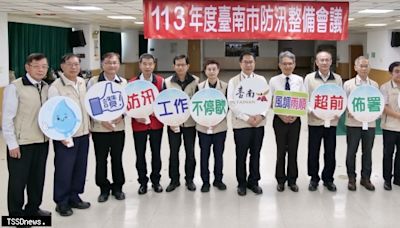搜尋結果
資料更新日期 113-05-21 01:00
2021年11月30日 · Cosmo-Local Production is a methodology for creating value and products and services that are inspired by the following basic rules (see below). and marries the planetary globalization of knowledge, the 'smart' localization of production, and both local and planetary mutualization, i.e. marrying distributed making and global open innovation: 1 ...
- Description
- Discussion
- Directory
"“Consumer cooperatives can offer an alternative institutional model for delivery of urban water supply and sanitation services. The cooperative model has a number of potential advantages over private and public utility models. All utility cooperatives are characterized by the facts that owners and customers are the same and that cooperatives do no...
Kostas Nikolaou: "Approaching and recognizing the water as a commons and not as a commodity or as a means for taxing citizens is a prerequisite for the cooperative water management. Prerequisites are also, the water cooperatives creation and operation “from below” on a non-profit basis, their independence of economic and political interests, to ens...
Austria
More than 5.000 water coops Austria is one of the European countries where the cooperative water management plays the most important role. More than 5.000 water cooperatives in the country serve citizens in rural areas. An example is the Wassergenossenschaft Gramastetten (Water Cooperative of Gramastetten) founded in 1947 and provides drinking water to about 2.000 people. Membership is connected to the ownership of real estate and apartments. All relevant information is available to everyone...
Denmark
More than 2.500 water coops Denmark has a long tradition of water cooperatives. No single Ministry in the government of Denmark is responsible for water supply and sanitation, which is considered foremost a local government responsibility. The Danish water supply is highly decentralized, with large and small waterworks situated all over the country. In 2001 there were 2.740 “common utilities”, of which municipalities owned 165 and 2.575 were owned by consumers’ cooperatives.
Finland
Around 1.400 water coops Finland has also a long tradition of organizing water services through cooperatives, especially in rural areas but also in bigger townships. Currently there are some 1.400 water cooperatives in the country providing water supply and increasingly also sewerage services. A research team of Tampere University of Technology using their substantial experience with water cooperatives and the data collected in a variety of projects in Finland discuss the general characterist...
2010年5月2日 · Definition. "People’s organizations (POs), unlike NGOs, are established by and represent sectors of the population like small farmers, artisanal fisherfolk, slum dwellers and others. POs take a wide variety of forms and exist at various levels. - Community-based organizations (CBOs) mobilize and represent local populations and directly ...
2010年2月8日 · Review From Separation to Participation, a history of modes of thought and consciousness: Mythos, Logos, Theos, Mechanos Peter Reason summarizes the ideas of Henryk Skolimowski, on the evolution of western thought: "Henryk Skolimowski, in his book The ...
Description. From the Wikipedia : "The Council of Three Fires, also known as the People of the Three Fires, the Three Fires Confederacy, the United Nations of Chippewa, Ottawa, and Potawatomi Indians, or Niswi-mishkodewin in the Anishinaabe language, is a long-standing Anishinaabe alliance of the Ojibwe (or Chippewa), Ottawa (tribe) (or Odawa ...
The goal—especially in the modern complex and fast-changing environment—is to transition out of our current crisis in economy and environment towards a society that is both knowledge-based and sustainable. The four keywords so central to SLOC—small, local, open and connected—are meaningful because they are, at the same time, visionary ...
2014年10月29日 · Description. Jay Walljasper: "The water commons as a concept is easy to understand. And in a time when our planet is threatened by global warming, the importance of the idea is all-too-obvious. Put simply, the water commons means that water is no one’s property; it rightfully belongs to all of humanity and to the earth itself.



















